About Us
Torah VeHa’aretz Institute (the Institute for Torah and the Land of Israel) engages in research, public education, and the application of contemporary halachic issues that come to the fore in the bond between Torah and the Land of Israel today. At the crux of this bond are the mitzvot hateluyot ba’aretz, the mitzvot associated with the Land of Israel, which have become an integral part of our national life ever since the return of the Jewish People to its homeland. At Torah VeHa’aretz Institute, rabbis and agronomists collaborate to probe the halachic issues surrounding these special mitzvot, develop cutting-edge methods to apply them in our modern world, and educate the public on the topic.
The dizzying pace of innovation in modern life raises many topics that have not been studied in the past regarding the unique interface between Torah and various areas in individual and public life. Torah VeHa’aretz Institute takes an active role in nation’s technological, social, and spiritual development, publishing articles, halachic treatises, and studies on diverse innovations. Our website features various topics discussed in the public discourse. Torah VeHa’aretz Institute also creates curricula and educational materials about various topics in Judaism, and collaborates with Torah research institutes that specialize in other areas on diverse initiatives. All of this is done to provide halachic solutions to the new issues that arise in the field.
Torah VeHa’aretz Institute was founded in 5746 (1986) in Kfar Darom, a settlement of Gush Katif. Following the Disengagement in 5765 (2005), Torah VeHa’aretz Institute continued operations temporarily in Ashkelon until 5774 (2014). Afterwards it moved to a temporary structure in Shavei Darom, a new development in the Western Negev founded by the former Kfar Darom residents. During winter of 5784 (2024) Torah VeHa’aretz Institute moved to a final structure in Nitzan, between Ashdod and Ashkelon.
Torah VeHa’aretz Institute boasts a unique multidisciplinary team of erudite Torah scholars and leading agronomists. Together, they collaborate to find solutions for issues regarding halacha, technology, and agriculture. Rabbi Yaakov Ariel, president of Torah VeHa’aretz Institute, former rabbi of Ramat Gan, is considered one of the prominent spiritual leaders across the spectrum of Israeli society. Torah VeHa’aretz Institute is headed by Rabbi Yigal Kaminetsky, former rabbi of the Gush Katif Gaza Strip region; currently rosh yeshiva of the Nitzan advanced yeshiva. Rabbi Yehuda Amichay, a prominent Torah scholar, heads the Halacha Research Unit. Agronomist Dr. Mordechai Shomron heads the Agricultural R&D Unit.

Rabbis of the Institute
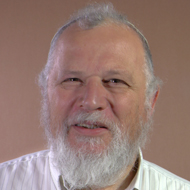
Rabbi Yehuda HaLevy Amichay
Director of the Halachah Research Department
Resident of Kiryat Arba. Alumni of Merkaz HaRav yeshivah in Jerusaelm. Holds the title Yoreh-Yoreh. From 1984-1989 served as rabbi of the agricultural settlement Karmel in the southern Hevron hills. From 1989-1990 was the rosh yeshiva of Orot HaNegev in Beit HaGedi, near Netivot. In 1994 served as chairman of the Cheif Rabbinate's Shemitah Committee. Published the books Tefilat David on the siddur of Rabbi Eliyahu David Rabinowitz zt"l and Nachalat Avot, written by Rabbi Petachya Menkin zt"l. He also edited part III of Shabbat Ha'aretz Chukat Ha'aretz, and the series HaTorah VeHa'aretz (seven parts), Hoda'at Ha'aretz, Netiyot Ha'aretz, Bikkurei Ha'aretz, Sukkat Katif, and the periodical Emunat Itecha. From 1995 until today serves as a dayan in a monetary court in Kiryat Arba and in the Cheif Rabbinate conversion court.
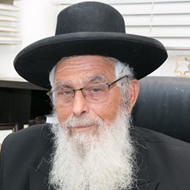
Rabbi Yaakov Ariel
President of the Torah VeHa'aretz Institute.
Leading halachic authority in the Religious Zionist community. Former chief rabbi of Ramat Gan, head of beit din for monetary matter, and president of the Ramat Gan hesder yeshiva. Authored many halachic works, including BaOhalah Shel Torah, Ma'ahale Torah, Olah Min Hamidbar, and Halachah Beyameinu. Founder of the yeshiva high school Beit Yehudah in Kfar Maimon, former rabbi of the yeshiva in Yamit, and former president of Tzohar.
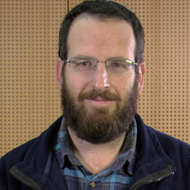
Rabbi David Eigner
Halachic researcher at the Torah and Land Institute, specializing in halachic matters related to agricultural sectors involving animals, such as dairy farms, poultry, and sheep. A graduate of the Merkaz HaRav Yeshiva, he grew up on an agricultural moshav Kfar HaRo'eh of Poalei Mizrachi. His deep connection and familiarity with agricultural issues are evident in his activities and in his spoken and written words: in field tours, lectures to farmers and professionals, and his articles in the periodical Emunat Itecha of the Torah and Land Institute.
In 5772 (2011-2012), the institute published his booklet Halachot Gidul Tzon (Laws of Sheep Rearing), a product of his labor, with the endorsements of Rabbi Yaakov Ariel and Rabbi Yehuda HaLevy Amichay. The uniqueness of this booklet lies in the blend of professionalism and halachic, serving as a paradigm of a halachic work that encompasses extensive halachic scholarship and broad professional knowledge. He is the editor of the Halachah-Agricultural Encyclopedia project.
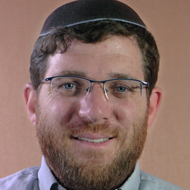
Rabbi Netanel Oyerbach
Torah scholar at the Halachah Research Unit of the Torah VeHa'aretz Institute.
Resident of Bene Dekalim. Studied at Merkaz HaRav yeshivah for 12 years, 3 of which he served as noseh venoten (meishiv), answering students' questions at the yeshivah. Launched and edited articles on Talmudic topics by yeshivah students. BEd and teacher's certificate from Michlahah Bayit Vagan Jerusalem College and MSc in Science, Halachah, and Education at Bar Ilan University.
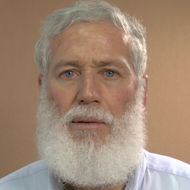
Dr. Mordechai Shomron
Director of the Agricultural R&D Department
Resides in the new community Bnei Dekalim, formerly a resident of Neve Dekalim in Gush Katif. Studied at Yeshivat Hakotel in Jerusalem. Holds a Bsc. Hebrew University (Rechovot) and a Msc. from Ben-Gurion University (Be'er Sheva) in horticulture. Managed the gardening department in the development town of Yerucham and worked with youth in disempowered neighborhoods. Established a public gardening company (development and maintenance) in Neve Dekalim, managed and developed gardening in all the settlements of the Gaza Coast Regional Council. Additionally, he worked on the development and operation of wastewater treatment systems and their use for irrigation through computerized systems. Served in various public roles: member of the management committee, chairman of the absorption committee, chairman of the emergency team. Currently serves as an agronomist for Torah VeHa'aretz Institute and the Chasalat-Alei Katif company, trains farmers and coordinates R&D.
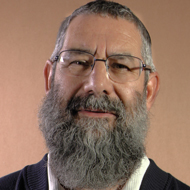
Rabbi Dr. Yoel Friedemann
Torah scholar and lecturer at the Torah VeHa'aretz Institute, editor of Torat Ha'aretz series and of the Emunat Itecha periodical.
Currently resides in Nitzan, a former resident of Neve Dekalim. Studied at Merkaz HaRav and Yamit yeshivot. Holds rabbinical ordination from the Chief Rabbinate of Israel and a PhD. Lectures on the topic of the land-dependent mitzvot at Emunah College in Jerusalem. Published Sefer Haterumah by Rabeinu Baruch ben Rabbi Yitzchak in Hilchot Eretz Yisrael. Wrote numerous articles, especially on the topic of the land-dependent mitzvot.
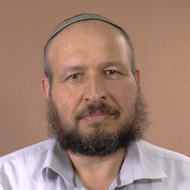
Rabbi Avraham Sochovolsky
Head of the Torah VeHa'aretz program to train rabbis on the topic of the land-dependent mitzvot.
Former resident of Atzmona, Gush Katif; currently resides in Shomriya. Studied at Chorev yeshivah high school and alumnus of Merkaz HaRav yeshivah, two years of which he studied concurrently at the Halachah Berurah-Berur Halachah Institute, nearby. Holds rabbinical ordination from the Chief Rabbinate of Israel. Since 2002, involved in the study of the land-dependent mitzvot.
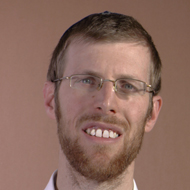
Rabbi Moshe Bloom
English Department Director, lecturer and tour coordinator at Torah VeHa'aretz Institute.
Born and raised in the religious kibbutz Ma'aleh Gilboa to parents who made Aliya from the United States, he was exposed to agriculture from an early age. Studied at the Yerucham hesder yeshiva and received the yoreh-yoreh ordination of the Chief Rabbinate of Israel. During his compulsory army service, served as an officer in Shimshom Battalion, and currently serves as a battalion rabbi in the reserves with the rank of Major.
He holds a BEd and teaching certificate in Tanach and Jewish Philosophy from Herzog College, and an Msc in Science and Halachah from Bar Ilan University. He worked as a Tanach teacher in Yerucham and head of Torah MiTzion in Warsaw (5774-5777), concurrently serving as a rabbi in the Warsaw Jewish community and as assistant to the Chief Rabbi of Poland. He was also a member of the Conference of European Rabbis during these years. He has been involved in various fields including kashrut supervision, mikvaot, eruvim, synagogue management, holidays, and more. He is an alumnus of the Barkai program. Currently, he serves as the rabbi of the Netzach Shlomo community in Petach Tikvah.

Rabbi Itzhak Dvir
Deputy director of Torah VeHa'aretz Institute.
Community rabbi in Elon Moreh, where he serves as a community rabbi, certified as a rabbi of a city by the Chief Rabbinate of Israel.
Studied at yeshivat Elon Morah. Besides his work at Torah VeHa'artez Institute, he works in the field of kashrut certification, serving as a rabbi in Kosharot and was the former director of the Elon Moreh kashrut department.
Published numerous articles on various topics in Emunat Itecha, some of which were compiled into a series of books Kashrut Kehalachah and published in Techumin, HaMaayan, and other publications. Involved in disseminating content and public education on the land-dependent mitzvot.
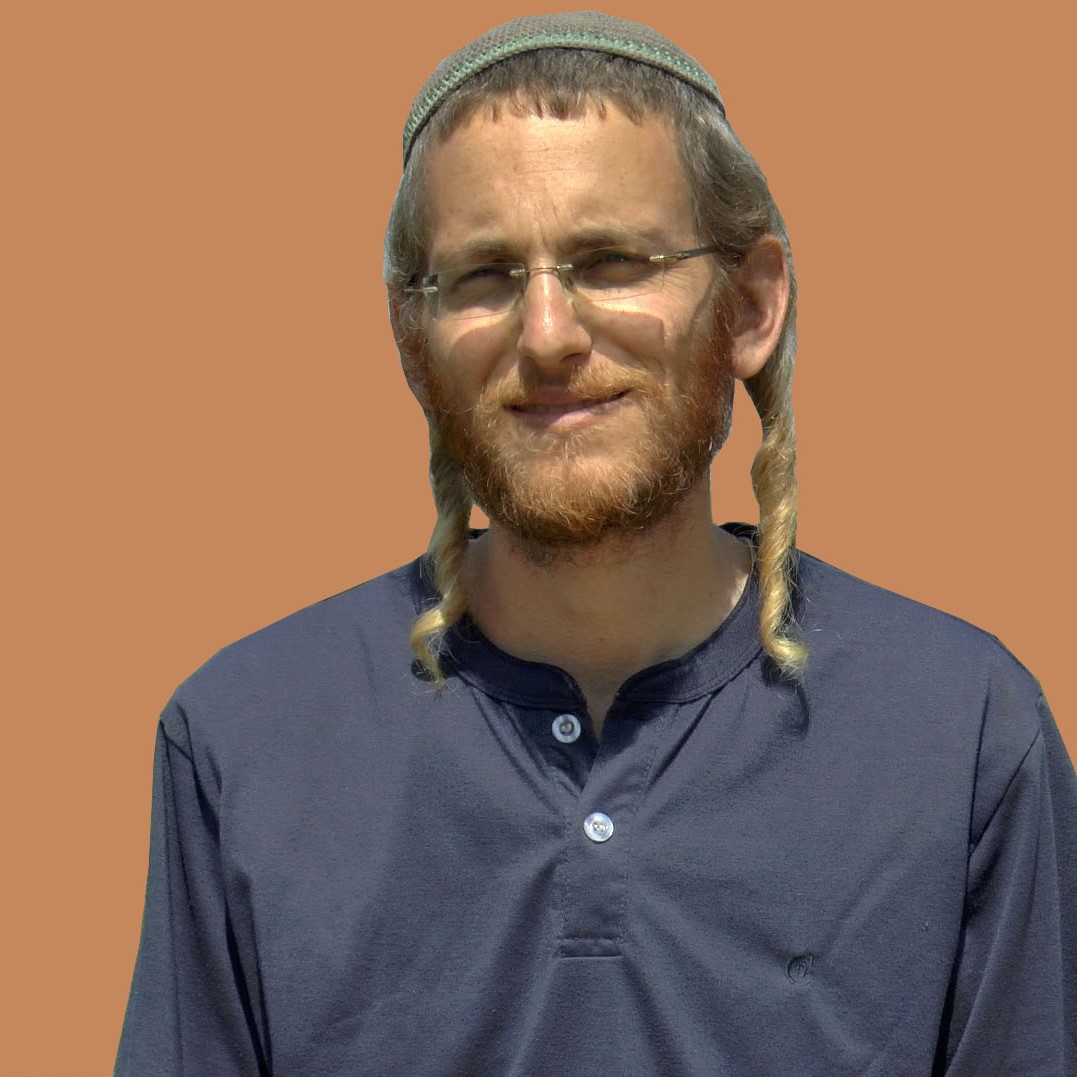
Yehuda Heller
Alumni of Yeshivat Birkat Yosef (Alon Moreh) with a BSc in soil and water studies and an MSc in orchard fertilization (Hebrew University). Agronomist for Torah VeHa'aretz Institute and Chalasat-Alei Katif, guiding farmers and engaged in agricultural R&D.
English Department

Torah VeHa’aretz Institute recently opened an English department to meet the needs of English speakers living in Israel and abroad. Knowledge and awareness of the mitzvot hateluyot ba’aretz, mitzvot dependent on the Land of Israel, is relatively low among English speakers since most grew up abroad where the majority of these mitzvot do not apply. Moreover, there is a serious scarcity of material available in English about the practical application of these mitzvot in Israel today.
This is where we come in: the English department translates halachic material into English and posts it on the English website and on WhatsApp groups, delivers lectures in English about land-dependent mitzvot, provides Ask the Rabbi Q&A services, organizes halachic-agricultural tours, and issues various publications in English, among other things. Rabbi Moshe Bloom is the director of the English department.
